Find Help
More Items From Ergsy search
-
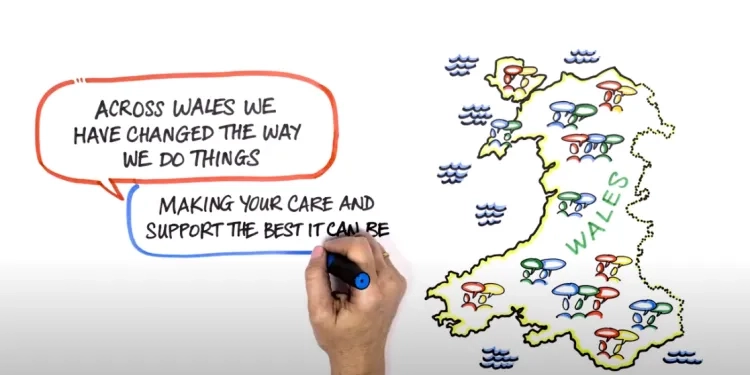
Social Services and Well-being (Wales) Act: Assessments
Relevance: 100%
-
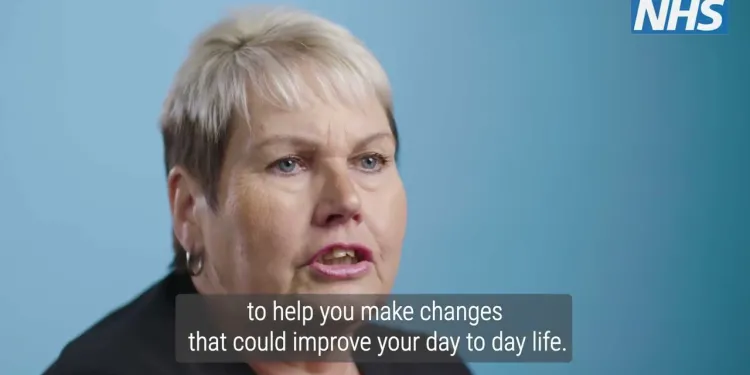
Social Prescribing Link Workers are part of new health and wellbeing services in NHS surgeries
Relevance: 57%
-

Social Prescribing
Relevance: 43%
-
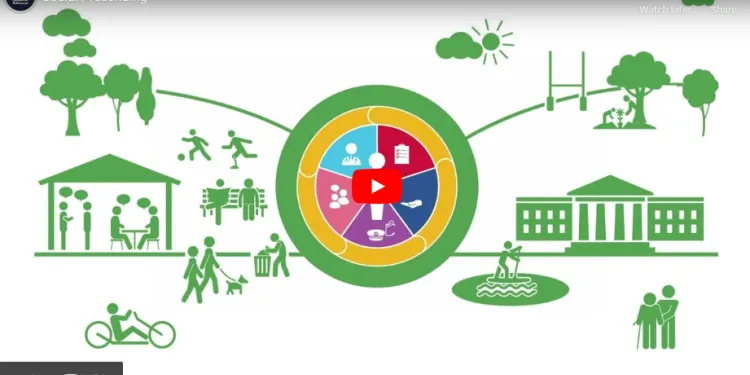
Social Prescribing
Relevance: 43%
-

Are UK's Post-Pandemic Work Habits Harming Mental Wellbeing?
Relevance: 42%
-
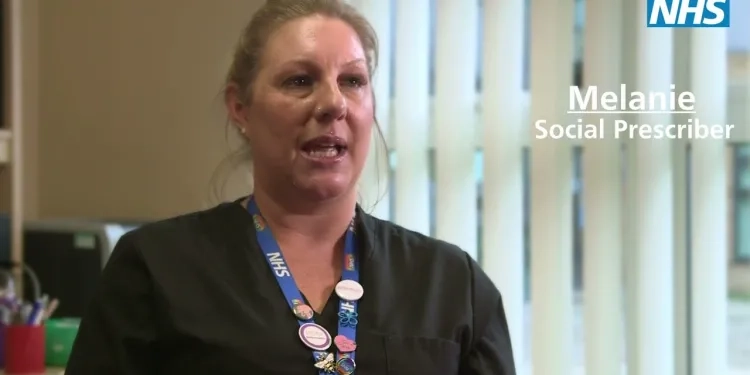
What is a social prescriber?
Relevance: 41%
-
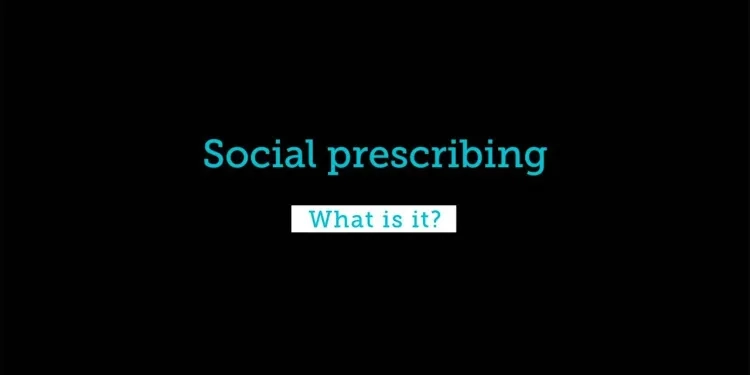
Social prescribing – what is it?
Relevance: 40%
-
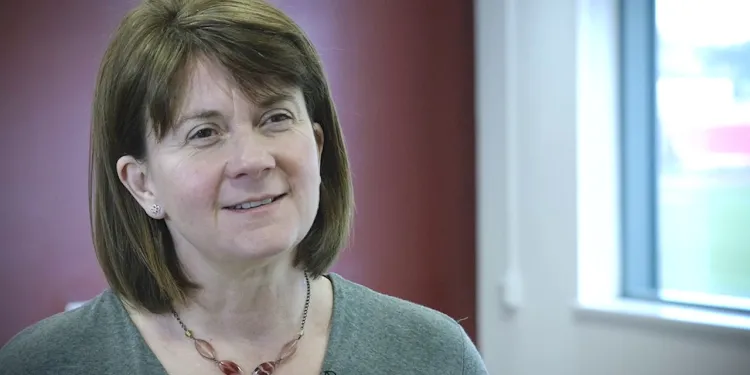
Social prescribing in practice: supporting social prescribing link workers
Relevance: 40%
-

Social prescribing in south east London
Relevance: 39%
-

Social Prescribing in Greater Manchester
Relevance: 39%
-

Are UK's Post-Pandemic Work Habits Harming Mental Wellbeing?
Relevance: 38%
-
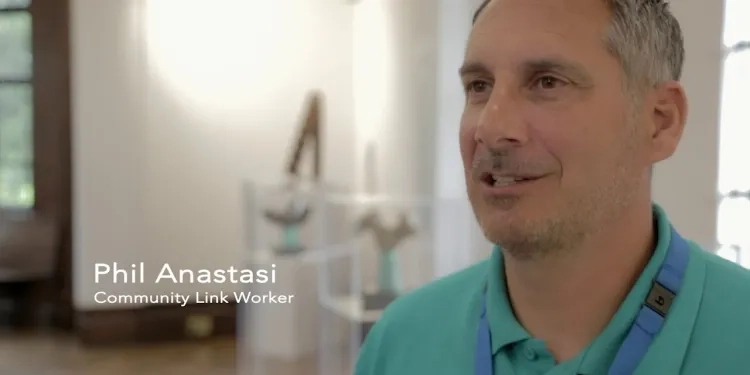
Introducing Social Prescribing - short video
Relevance: 38%
-
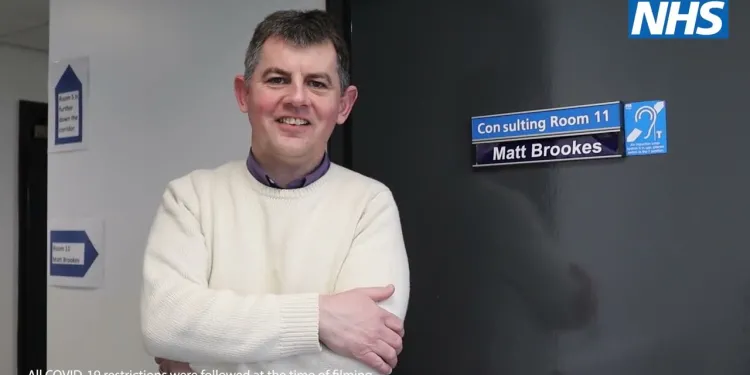
What is a social prescriber, and how do they support general practice?
Relevance: 36%
-

Who is responsible for assessing SEND needs?
Relevance: 36%
-

Autism Assessment - What Happens in Your Appointment
Relevance: 34%
-

How Rising Living Costs Are Impacting Family Wellbeing
Relevance: 34%
-

Assessing the stroke patient
Relevance: 34%
-
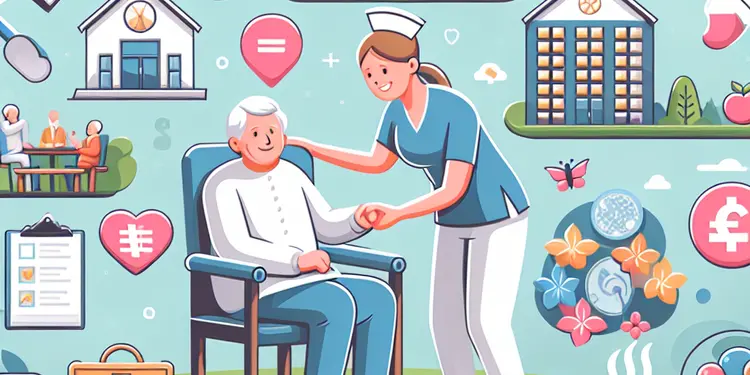
What services do care homes provide?
Relevance: 34%
-
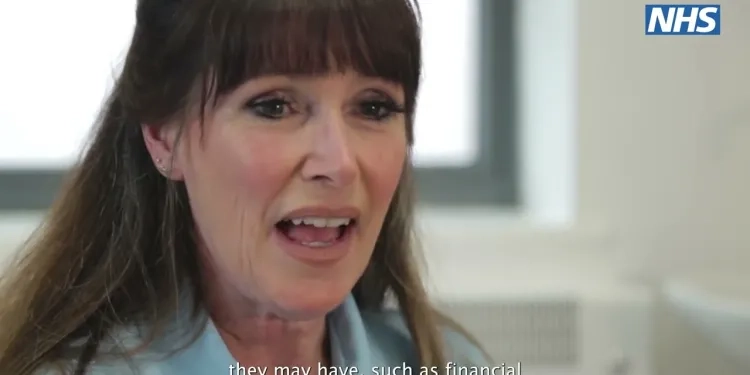
How can a Social Prescribing Link Worker help you? #MeetYourGPTeam
Relevance: 33%
-
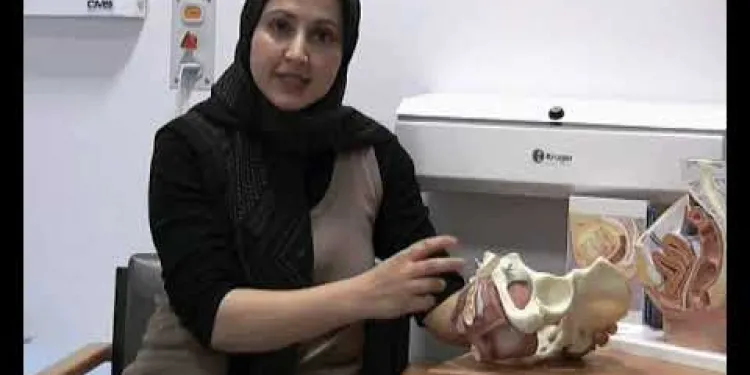
Physiotherapy Assessment of Urinary Incontinence
Relevance: 32%
-

Essential Tips for Mental Health and Well-Being Amidst Rising Living Costs
Relevance: 31%
-

How is PIP assessed?
Relevance: 31%
-

How can carers access local resources and support services?
Relevance: 30%
-

Has the social media ban been successful in improving children's mental health?
Relevance: 30%
-

What are the social consequences of binge drinking?
Relevance: 30%
-
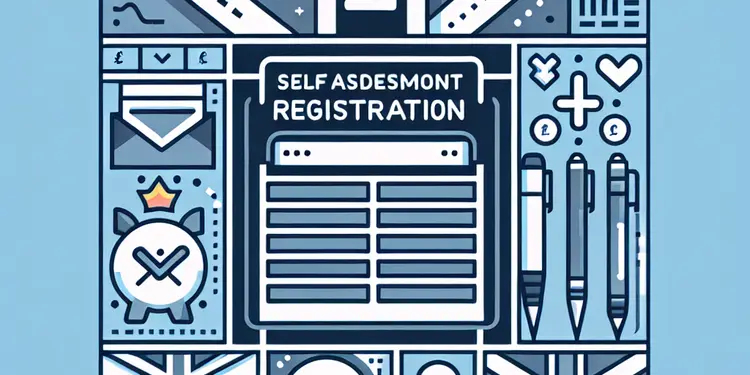
How do I register for Self Assessment?
Relevance: 30%
-

What is the social media ban for children in Australia?
Relevance: 30%
-

Can I get help from HMRC with my Self Assessment?
Relevance: 29%
-

What is the role of mental health assessments in indefinite sentences?
Relevance: 29%
-

Submitted Addressing Social Inequalities: Initiatives and Challenges in the UK
Relevance: 28%
-

Why was the social media ban for children implemented in Australia?
Relevance: 28%
-

Strategies for Reducing Loneliness and Social Isolation in Urban Areas
Relevance: 28%
-

How can I ensure I get better customer service with a new bank?
Relevance: 28%
-

Mental Health Support Services in the UK
Relevance: 28%
-

What is a Self Assessment tax return?
Relevance: 28%
-

How is the success of the social media ban measured?
Relevance: 28%
-

How has the social media industry reacted to the ban?
Relevance: 28%
-

Navigating Mental Health Services for Children and Adolescents
Relevance: 28%
-

Is the UK introducing a Social Media ban for under 16's?
Relevance: 28%
-
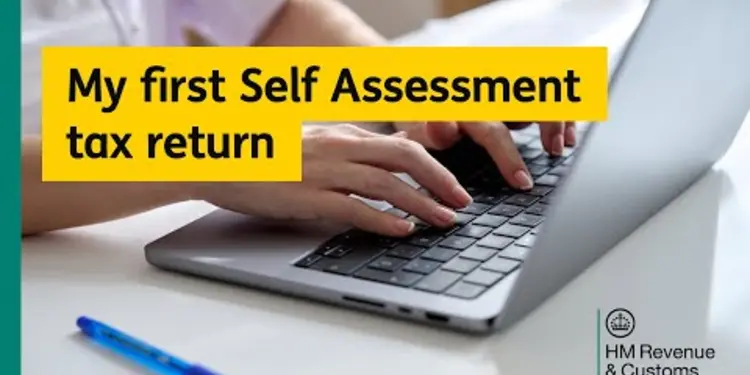
My first Self Assessment tax return
Relevance: 28%
Social Services and Well-being (Wales) Act: Assessments
Introduction to the Act
The Social Services and Well-being (Wales) Act 2014 is a significant piece of legislation in Wales, aimed at enhancing the well-being of people who need help and support. It focuses on providing a framework for social care assessments and services, ensuring that individuals receive the support they need to live fulfilling lives. The legislation applies to all individuals, including children, adults, and carers.Pillars of the Assessment Process
The assessment process under the Act is built upon four key pillars: 1. **Voice and Control**: Ensuring that individuals have a strong voice in decisions that affect their lives. 2. **Prevention and Early Intervention**: Aiming to prevent the escalation of needs by providing support at the earliest opportunity. 3. **Well-being**: Focusing on improving the physical, emotional, and social well-being of individuals. 4. **Co-production**: Encouraging collaboration between service users, their families, and service providers.Eligibility Criteria
Eligibility for support is determined through a needs assessment. This assessment considers factors such as: - The person’s situation and circumstances. - Their needs for care and support. - The outcomes they wish to achieve. - The extent to which those needs and outcomes impact their well-being. The Act emphasizes a person-centered approach, ensuring that the process is tailored to the unique needs of each individual.Types of Assessments
The Act outlines several types of assessments: - **Single Integrated Assessments**: These combine all assessments into a single coordinated process to prevent duplication and provide a seamless service. - **Child Assessments**: Tailored specifically for children and young people, addressing their unique needs and circumstances. - **Adult Assessments**: Focused on adults requiring support due to age, disability, or health conditions. - **Carers’ Assessments**: Identifying the needs of those who provide care to family members or friends.Importance of Co-production
Co-production is a core principle of the Act, advocating for equal partnerships between professionals and service users. This collaborative approach ensures that services are more effective and responsive to individual needs, by involving service users in the design and delivery of their care and support.Conclusion
The Social Services and Well-being (Wales) Act 2014 is a landmark piece of legislation that places individuals at the heart of social care and support. Through comprehensive assessments and a focus on well-being, the Act aims to create a responsive and inclusive social care system in Wales, empowering individuals to lead fulfilling and independent lives.Social Services and Well-being (Wales) Act: Assessments
Introduction to the Act
The Social Services and Well-being (Wales) Act 2014 is a very important law in Wales. This law helps people who need extra help to feel happy and healthy. It makes sure people get the right support so they can live good lives. This law is for everyone, like children, adults, and people who take care of others.Main Parts of the Assessment Process
The assessment process follows four main parts: 1. **Voice and Control**: This means people can have a say in decisions about their lives. 2. **Prevention and Early Intervention**: This helps to stop problems from getting bigger by giving help as soon as possible. 3. **Well-being**: This is about making sure people feel good in their bodies, minds, and with others. 4. **Co-production**: This means working together with people, their families, and helpers.Who Can Get Support?
To find out who can get support, a needs assessment is done. This looks at: - The person's situation and what they need. - What care and support they need. - What goals they want to reach. - How their needs affect their happiness and well-being. The Act makes sure to focus on each person’s special needs.Types of Assessments
The Act talks about different kinds of assessments: - **Single Integrated Assessments**: This combines all checks into one to make things easier. - **Child Assessments**: These are for kids and young people to meet their special needs. - **Adult Assessments**: These help adults who need support because of age, disability, or health issues. - **Carers’ Assessments**: These identify the needs of people who care for family or friends.Why Working Together is Important
Working together, called co-production, is very important in this Act. It means that people who need help and those who give help work as partners. This makes services better and more in tune with what people really need.Conclusion
The Social Services and Well-being (Wales) Act 2014 is an important law. It puts people at the center of the help they get. With thorough checks and a focus on feeling good, the Act wants to make a caring and fair system in Wales. This helps people live happy and independent lives.Frequently Asked Questions
What is the Social Services and Well-being (Wales) Act?
The Social Services and Well-being (Wales) Act is legislation that aims to improve the well-being of people who need care and support, and carers who need support, in Wales.
Who can request an assessment under the Act?
Anyone who appears to need care and support, or a carer who needs support, can request an assessment under the Act.
What is included in a needs assessment?
A needs assessment will look at various aspects of the individual's life, including their physical, mental, and emotional well-being, and how their needs impact their ability to achieve personal outcomes.
Are assessments free of charge?
Yes, assessments provided under the Social Services and Well-being (Wales) Act are free of charge.
How are carers assessed?
Carers can be assessed to determine the impact of their caring role on their own well-being, and whether they need support to provide care sustainably.
What happens after the assessment?
After the assessment, a care and support plan will be created if the individual is found to have eligible needs. This plan outlines the support and services required to meet those needs.
How often are assessments reviewed?
Assessments and care plans are reviewed at least once a year, but can be reviewed more frequently if the individual's circumstances change.
Can someone refuse an assessment?
Yes, individuals have the right to refuse an assessment. However, it is encouraged for individuals to undergo assessments to identify potential support needs.
What is a 'well-being duty'?
The 'well-being duty' requires local authorities and other service providers to promote the well-being of people in need of care and support, and carers in need of support.
What are 'eligible needs'?
Eligible needs are those that meet the criteria set out by the Act, requiring the local authority to provide or arrange for the provision of care and support services.
Can I get direct payments instead of services?
Yes, if you are eligible for care and support, you can choose to receive direct payments to arrange your own care services instead of receiving them from the local authority.
What if my needs change after the assessment?
If your needs change significantly after the assessment, you can request a re-assessment to ensure your care and support plan is up to date.
Who carries out the assessment?
Assessments are carried out by social workers or other suitably qualified professionals from the local authority.
What if I disagree with the assessment outcome?
If you disagree with the assessment outcome, you can ask for a review or make a formal complaint to the local authority.
How does the Act support independent living?
The Act promotes independent living by focusing on helping individuals achieve their personal outcomes and providing them with the necessary support to live as independently as possible.
What is the Social Services and Well-being (Wales) Act?
The Social Services and Well-being (Wales) Act is a set of rules in Wales. These rules help people get care and support. The rules also help people stay healthy and safe.
If you need help understanding, you can:
- Ask someone to read it with you.
- Use pictures to help explain.
- Talk to a care worker or helper.
The Social Services and Well-being (Wales) Act is a set of rules. These rules help people in Wales who need care and support. They also help the people who look after them.
Who can ask for a checkup under the law?
People who might need extra help can ask for a checkup.
This checkup is called an assessment.
If you think you need help, tell someone.
You can ask a family member, a teacher, or a helper to ask for a checkup with you.
Using pictures or apps on tablets can help you understand better.
If someone needs help with care or if a person helping someone else needs support, they can ask for an assessment. It's a check to see what help they need.
What is in a needs assessment?
A needs assessment finds out what help or support a person needs. It checks what is missing or needed in a person's life.
Here are some things a needs assessment might look at:
- What does the person need help with every day?
- Does the person need special equipment, like a wheelchair?
- What support does the person get from family and friends?
- Are there any places or activities that can help the person?
It's important because it helps people get the right help and care.
Some helpful things to use during a needs assessment:
- Talk to a helper or carer who understands what you need.
- Use pictures or apps that make it easier to show what you need.
A needs assessment helps us understand what a person needs. It looks at their body, mind, and feelings. It shows us how these needs affect what they want to do in life.
Do you have to pay for assessments?
No, assessments are free. You do not need to pay for them.
If you need help reading this, you can:
- Ask someone to read it with you.
- Use a reading app that reads the text out loud.
Yes, if someone checks to see what help they need under the Social Services and Well-being (Wales) Act, it does not cost any money.
How do we check what help carers need?
People who look after others can have a check to see how looking after someone affects them. This check can find out if they need help to keep looking after someone.
What happens after the assessment?
After the test, someone will talk to you about what they learned. They will tell you if you need any help.
Do you find reading hard? You can ask someone to read with you.
It helps to use pictures or sounds to understand better.
After someone checks to see what help you need, they will make a plan for you. If you need help, this plan will say what help and services you will get.
How often do we check assessments?
We look at assessments and care plans once a year. We might check them more often if a person's life changes.
Can you say no to an assessment?
You have the right to say no if someone asks you to do an assessment.
Here are some things that might help you decide:
- Ask questions if you don’t understand what the assessment is about.
- Talk to a trusted adult or friend about how you feel.
- You can ask for more time to think before saying yes or no.
- Use tools like pictures, videos, or stories to help you understand more.
Remember, it is okay to say no if you don’t want to do the assessment.
Yes, you can say no to an assessment. But, it is a good idea to have an assessment. It can help find out what support you might need.
What is a 'well-being duty'?
A 'well-being duty' means a promise to help people feel good and be happy. This means people try to make sure you are safe and healthy.
Here are some ways to understand 'well-being duty':
- Feeling happy and not sad.
- Being healthy in your body and your mind.
- Having people take care of you.
Tools to help understand:
- Ask someone you trust to explain it to you.
- Use pictures to show what being happy and healthy looks like.
The 'well-being duty' is a rule. This rule says that local councils and other helpers must make sure people who need care and support feel good and happy. It also helps carers who need support feel good too.
What are 'eligible needs'?
'Eligible needs' means help you can get if you really need it.
If someone looks at what you find hard and says, "Yes, you need help with that," then those are your 'eligible needs'.
Think of it like a checklist to see if you can get support.
You can ask a friend, caregiver, or use picture cards to help understand what 'eligible needs' are.
Eligible needs are certain types of help that you can get. The law says that if you have these needs, your local council has to give you care and support services.
Can I get money instead of services?
Yes, if you can get care and support, you can get money to pay for your own care services. This means you do not have to use care services from the local authority.
What if I need something different after the assessment?
If you need something new or different after the assessment, that's okay. You can talk to someone about your new needs. They can help you get what you need.
Here are some tips to help you:
- Ask for help if you don't understand something.
- Write down your questions before you talk to someone.
- Use pictures or drawings to help explain what you need.
If what you need changes a lot after they check your needs, you can ask them to check again. This helps make sure your plan for care and support is right for you.
Who does the assessment?
The assessment is done by a person called an assessor. An assessor is someone who knows a lot about the subject and helps to see how well you understand it.
If you find reading or understanding questions hard, you can:
- Ask someone to read the question to you.
- Use a computer or tablet to read it out loud for you.
- Take breaks if you feel tired.
Special workers from the local council check to see what help you might need. These workers know a lot about helping people.
What if I don't agree with the assessment result?
If you think the result is not right, you can ask for help.
Here are some things you can do:
- Talk to the person who did the assessment. Ask them to explain it to you.
- Ask someone you trust, like a family member, to talk to them with you.
- You can also ask for a second opinion from another person.
Remember, it's okay to ask questions and say how you feel.
If you do not agree with the decision, you can ask for someone to look at it again. You can also tell the local council you are not happy by making a complaint.
How does the law help people live on their own?
The law helps people live on their own. It does this by finding out what people want in their lives and giving them the right help to be as independent as they can be.
Useful Links
This website offers general information and is not a substitute for professional advice.
Always seek guidance from qualified professionals.
If you have any medical concerns or need urgent help, contact a healthcare professional or emergency services immediately.
Some of this content was generated with AI assistance. We’ve done our best to keep it accurate, helpful, and human-friendly.
- Ergsy carfully checks the information in the videos we provide here.
- Videos shown by Youtube after a video has completed, have NOT been reviewed by ERGSY.
- To view, click the arrow in centre of video.
- Most of the videos you find here will have subtitles and/or closed captions available.
- You may need to turn these on, and choose your preferred language.
- Go to the video you'd like to watch.
- If closed captions (CC) are available, settings will be visible on the bottom right of the video player.
- To turn on Captions, click settings .
- To turn off Captions, click settings again.
More Items From Ergsy search
-

Social Services and Well-being (Wales) Act: Assessments
Relevance: 100%
-

Social Prescribing Link Workers are part of new health and wellbeing services in NHS surgeries
Relevance: 57%
-

Social Prescribing
Relevance: 43%
-

Social Prescribing
Relevance: 43%
-

Are UK's Post-Pandemic Work Habits Harming Mental Wellbeing?
Relevance: 42%
-

What is a social prescriber?
Relevance: 41%
-

Social prescribing – what is it?
Relevance: 40%
-

Social prescribing in practice: supporting social prescribing link workers
Relevance: 40%
-

Social prescribing in south east London
Relevance: 39%
-

Social Prescribing in Greater Manchester
Relevance: 39%
-

Are UK's Post-Pandemic Work Habits Harming Mental Wellbeing?
Relevance: 38%
-

Introducing Social Prescribing - short video
Relevance: 38%
-

What is a social prescriber, and how do they support general practice?
Relevance: 36%
-

Who is responsible for assessing SEND needs?
Relevance: 36%
-

Autism Assessment - What Happens in Your Appointment
Relevance: 34%
-

How Rising Living Costs Are Impacting Family Wellbeing
Relevance: 34%
-

Assessing the stroke patient
Relevance: 34%
-

What services do care homes provide?
Relevance: 34%
-

How can a Social Prescribing Link Worker help you? #MeetYourGPTeam
Relevance: 33%
-

Physiotherapy Assessment of Urinary Incontinence
Relevance: 32%
-

Essential Tips for Mental Health and Well-Being Amidst Rising Living Costs
Relevance: 31%
-

How is PIP assessed?
Relevance: 31%
-

How can carers access local resources and support services?
Relevance: 30%
-

Has the social media ban been successful in improving children's mental health?
Relevance: 30%
-

What are the social consequences of binge drinking?
Relevance: 30%
-

How do I register for Self Assessment?
Relevance: 30%
-

What is the social media ban for children in Australia?
Relevance: 30%
-

Can I get help from HMRC with my Self Assessment?
Relevance: 29%
-

What is the role of mental health assessments in indefinite sentences?
Relevance: 29%
-

Submitted Addressing Social Inequalities: Initiatives and Challenges in the UK
Relevance: 28%
-

Why was the social media ban for children implemented in Australia?
Relevance: 28%
-

Strategies for Reducing Loneliness and Social Isolation in Urban Areas
Relevance: 28%
-

How can I ensure I get better customer service with a new bank?
Relevance: 28%
-

Mental Health Support Services in the UK
Relevance: 28%
-

What is a Self Assessment tax return?
Relevance: 28%
-

How is the success of the social media ban measured?
Relevance: 28%
-

How has the social media industry reacted to the ban?
Relevance: 28%
-

Navigating Mental Health Services for Children and Adolescents
Relevance: 28%
-

Is the UK introducing a Social Media ban for under 16's?
Relevance: 28%
-

My first Self Assessment tax return
Relevance: 28%


